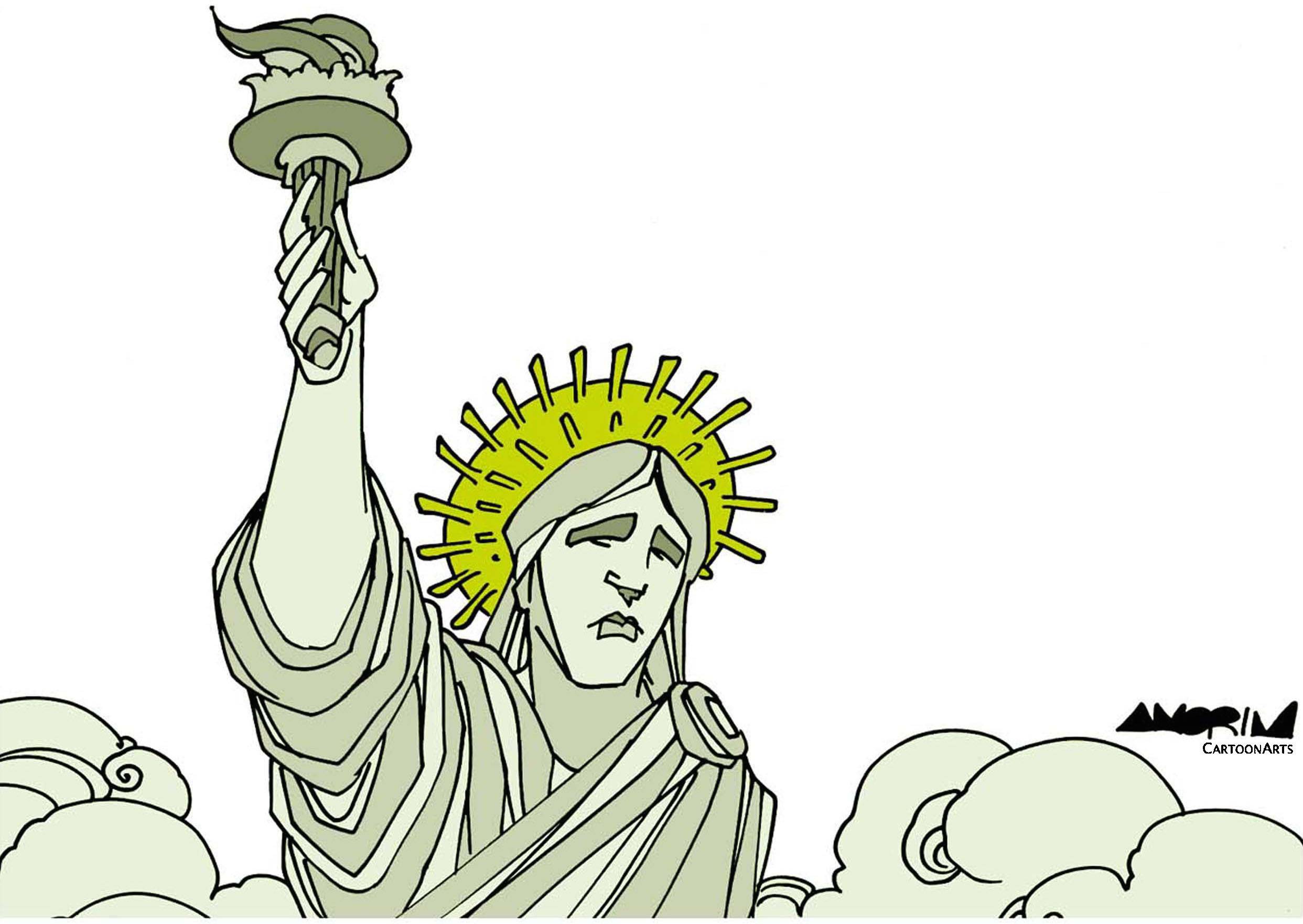For the first three years of his administration, U.S. President Donald Trump focused on consolidating power. And yet, as the United States approached its greatest domestic peril in a century, he refused to use that power. Instead, as a deadly new coronavirus was poised to invade the country, the president opted for denial and delay.
But toward the end of March, Trump’s science advisers presented him with evidence from a voluntary 15-day experiment indicating that where social distancing measures were taken seriously, the disease spread less rapidly than in places where such restrictions were not observed.
At the time, the number of COVID-19 infections was over 100,000 and deaths exceeded 1,000. Science advisers’ models indicated that if people behaved perfectly, 100,000-240,000 U.S. residents would die, and Trump’s political advisers told him that polls showed the public wanted to extend social distancing. For once, he took the sensible approach, extending the federal government’s recommendation of social distancing for another 30 days, until the end of April.



